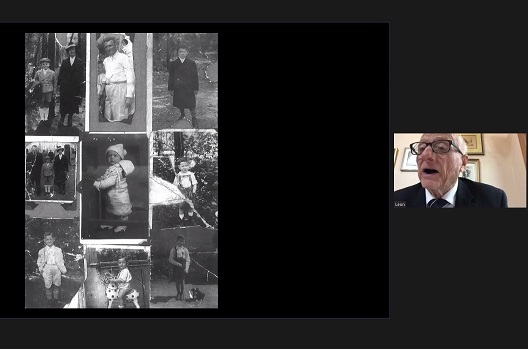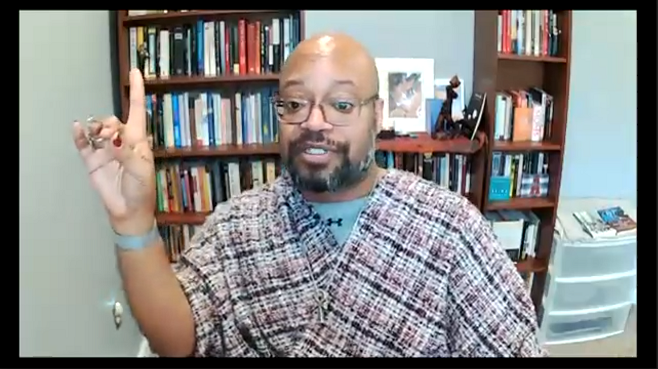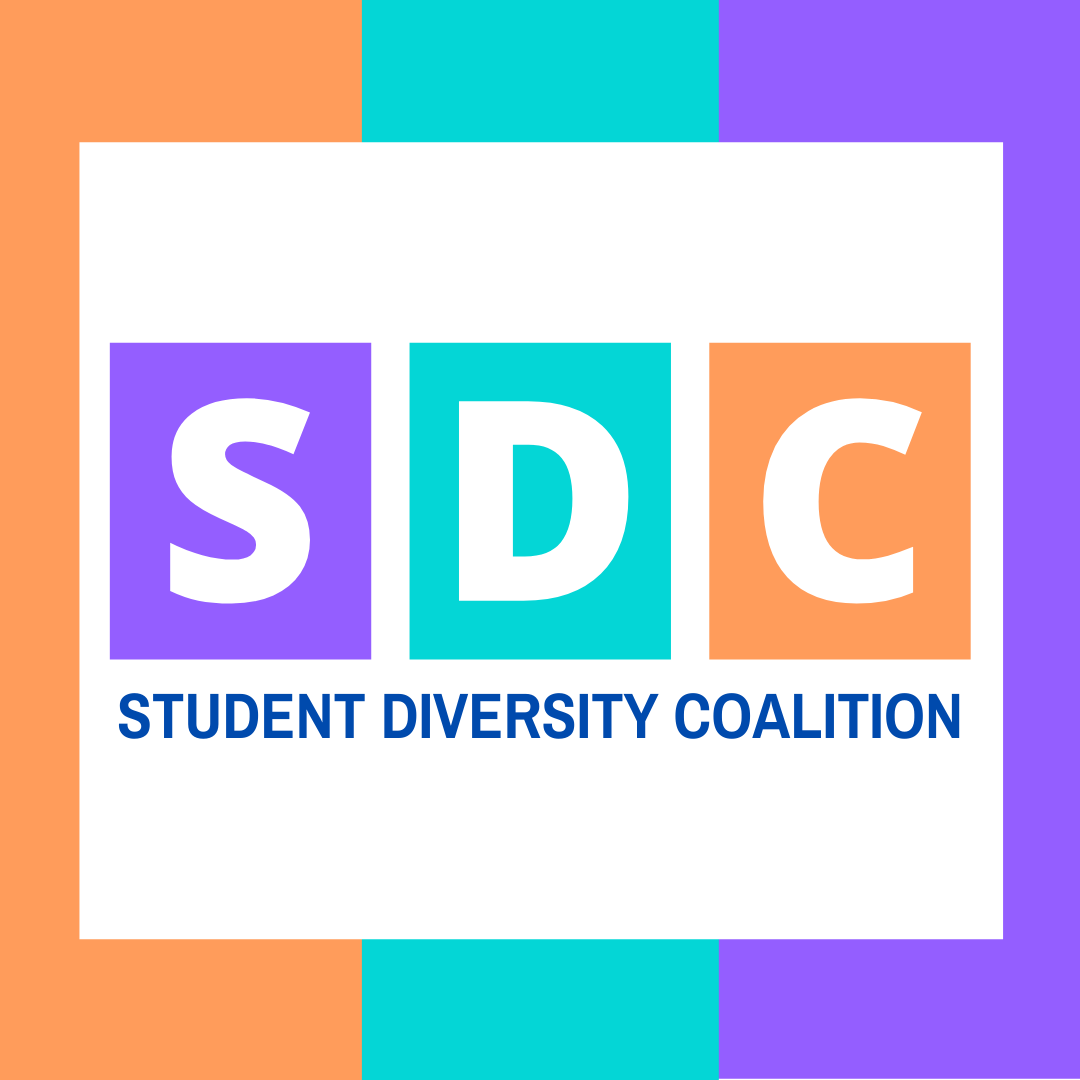Last week, the Student Diversity Coalition and the Jewish Family and Children’s Services Holocaust Center hosted a special appearance by Leon, a Holocaust survivor who related his incredible story to the Harker community.
Student Diversity Coalition
Bay Area students, teachers attend Student Diversity Leadership Gathering
On March 13, students and faculty from Bay Area schools attended the Student Diversity Leadership Gathering, hosted by Harker and led by Rodney Glasgow,…
Student Diversity Coalition looks forward to fostering DEI discussions
Last week, the Student Diversity Coalition was formally established by seniors Brian Pinkston, Dylan Williams, Natasha Yen and junior Uma Iyer.


